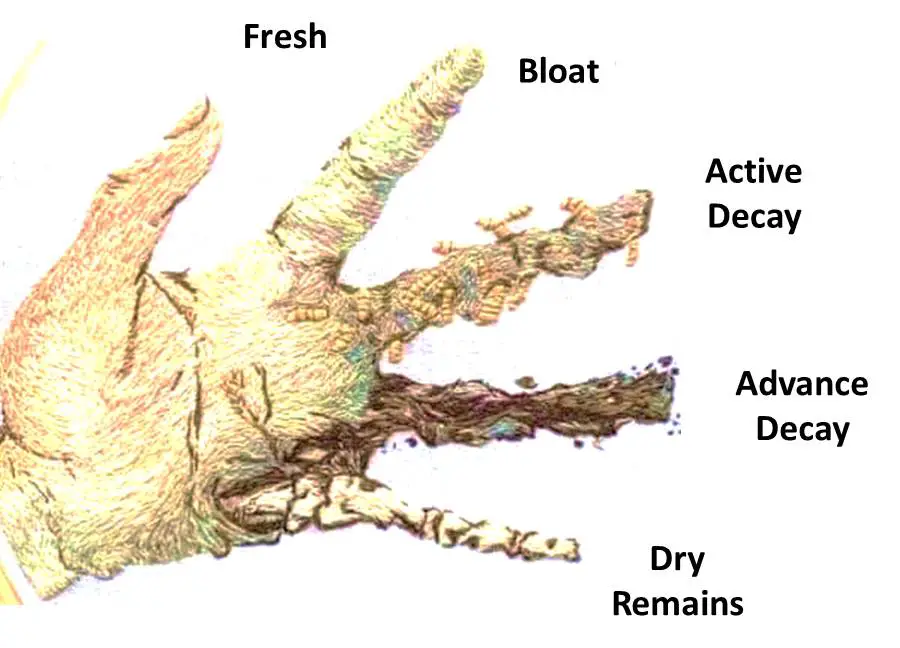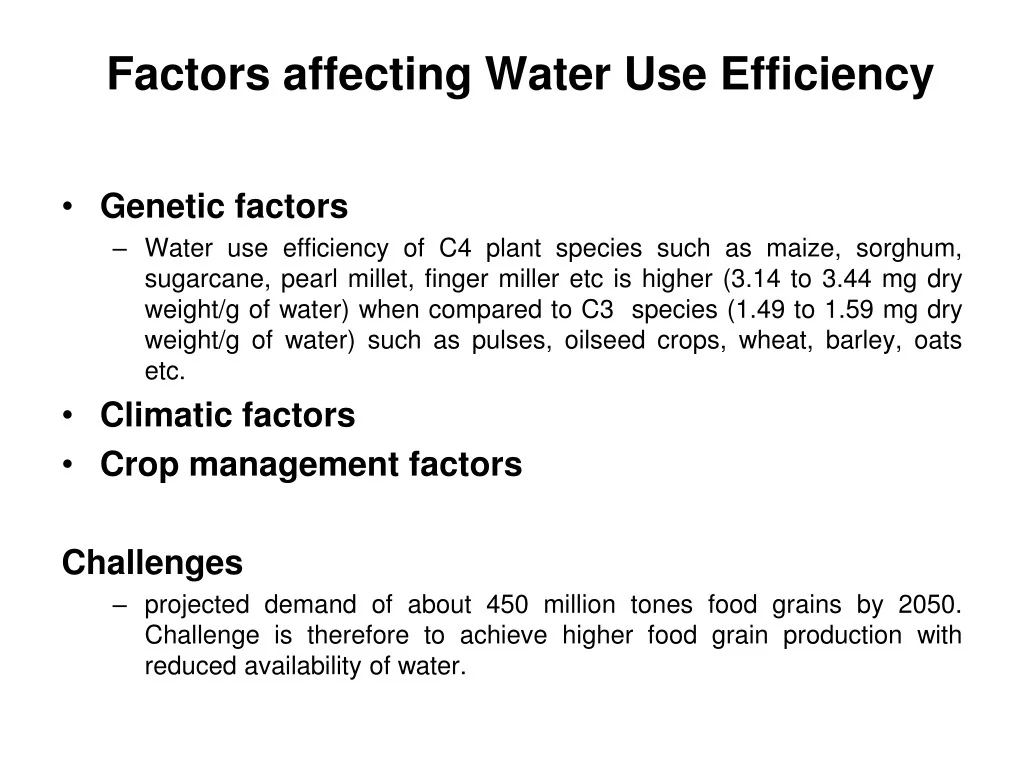Introduction: The Buzz About Pollinator Forage Plant Diversity
In the intricate tapestry of our ecosystems, pollinators play a pivotal role, diligently flitting from flower to flower, ensuring the reproduction of countless plant species. Bees, butterflies, moths, hummingbirds, and even some beetles—these are the unsung heroes of our food supply and the guardians of our natural landscapes. But their vital work hinges on a critical factor: the availability of diverse and abundant pollinator forage plants. Pollinator forage plant diversity, in essence, refers to the variety of flowering plants that provide food resources, primarily nectar and pollen, for these essential creatures. Understanding its importance and promoting its enhancement are crucial for ensuring the health of our ecosystems and the sustainability of our agricultural practices.
Imagine a world devoid of pollinators. Fruit trees would stand barren, vegetable gardens would yield little, and wildflowers would fade from our meadows. The ripple effect would be devastating, impacting not only our food security but also the overall health and resilience of our natural world. This is not a far-fetched dystopian fantasy; it’s a potential reality if we fail to address the challenges facing pollinator populations today. Habitat loss, pesticide use, climate change, and the decline in pollinator forage plant diversity are all contributing to a worrying trend: a decline in pollinator populations worldwide.
This article delves into the multifaceted importance of pollinator forage plant diversity. We’ll explore how it supports pollinator health, enhances ecosystem resilience, and boosts agricultural productivity. We’ll also examine the factors that threaten this diversity and discuss practical strategies for promoting it in our gardens, farms, and landscapes. Join us on this journey to understand the crucial role of pollinator forage plant diversity and discover how we can all contribute to creating a more vibrant and sustainable future for pollinators and ourselves.
Why Pollinator Forage Plant Diversity Matters
The benefits of a diverse array of pollinator forage plants are far-reaching and interconnected. Let’s explore some of the key reasons why this diversity is so critical:
1. Nutritional Completeness for Pollinators
Just like humans, pollinators require a balanced diet to thrive. Nectar provides carbohydrates, the primary source of energy, while pollen offers essential proteins, fats, vitamins, and minerals. Different plant species offer varying nutritional profiles in their nectar and pollen. A monoculture of a single flowering plant, while perhaps abundant in one resource, may lack other crucial nutrients. For example, some pollen types are richer in protein, while others are higher in specific amino acids. A diverse diet ensures that pollinators receive all the nutrients they need for growth, development, reproduction, and overall health.
Imagine feeding a child only one type of food. They might survive, but they certainly wouldn’t thrive. The same principle applies to pollinators. A varied diet allows them to build strong immune systems, resist diseases, and successfully raise their offspring. Without access to a diverse range of nutrients, pollinators become weakened and more susceptible to the myriad threats they face.
2. Extended Blooming Seasons and Continuous Food Supply
Different plant species bloom at different times of the year. By incorporating a variety of plants with staggered blooming periods, we can ensure a continuous supply of nectar and pollen throughout the growing season. This is particularly important for pollinators that have long lifecycles or multiple generations per year. For example, bumble bees, which are active from early spring to late fall, need a consistent food source to support their colony growth and reproduction.
A landscape dominated by a single species that blooms for a short period creates a boom-and-bust cycle for pollinators. They experience a period of abundance followed by a period of scarcity. This can lead to stress, starvation, and ultimately, population decline. By providing a continuous buffet of flowering plants, we can help pollinators maintain their energy levels and sustain their populations throughout the year.
3. Supporting a Wider Range of Pollinator Species
Different pollinator species have different preferences and adaptations when it comes to foraging. Some bees have long tongues that allow them to access nectar from deep flowers, while others have shorter tongues and prefer shallow blossoms. Butterflies and moths have different proboscis lengths and prefer different flower shapes and colors. By offering a variety of flower types, we can cater to the needs of a wider range of pollinator species, creating a more diverse and resilient pollinator community.
Think of it as offering a diverse menu at a restaurant. Some customers prefer steak, while others prefer fish or vegetarian options. By catering to different tastes, the restaurant attracts a wider clientele. Similarly, by providing a variety of flower types, we can attract a wider range of pollinator species, each playing its unique role in the ecosystem.
4. Enhancing Ecosystem Resilience
A diverse ecosystem is a resilient ecosystem. When faced with environmental challenges such as climate change, disease outbreaks, or habitat loss, a diverse system is more likely to withstand the impact and recover. Pollinator forage plant diversity contributes to this resilience by providing a buffer against these challenges. If one plant species is affected by a disease or pest, other species can still provide food for pollinators. Similarly, if climate change alters the blooming time of one species, other species may still be available to provide nectar and pollen.
Imagine a forest composed of only one type of tree. If a disease that targets that specific tree were to strike, the entire forest would be devastated. However, a forest with a variety of tree species would be more resilient, as other species would be able to fill the gap left by the affected trees. The same principle applies to pollinator forage plant diversity. A diverse plant community is better equipped to withstand environmental challenges and maintain its ecological function.
5. Boosting Crop Yields and Agricultural Productivity
Pollinators play a crucial role in the pollination of many crops, including fruits, vegetables, nuts, and seeds. In fact, it’s estimated that one out of every three bites of food we eat is thanks to pollinators. By enhancing pollinator forage plant diversity in and around agricultural landscapes, we can attract and support a healthy pollinator population, which in turn leads to increased crop yields and improved agricultural productivity.
Studies have shown that farms with diverse pollinator habitats experience higher pollination rates and greater fruit set compared to farms with monoculture landscapes. This is because a diverse pollinator community is more efficient at pollinating crops. Different pollinator species have different foraging behaviors and are more effective at pollinating certain crops. By supporting a diverse pollinator community, we can maximize the pollination potential of our farms and ensure a bountiful harvest.
Threats to Pollinator Forage Plant Diversity
Despite its importance, pollinator forage plant diversity is facing numerous threats, both direct and indirect. Understanding these threats is the first step towards developing effective strategies for mitigating their impact.
1. Habitat Loss and Fragmentation
One of the most significant threats to pollinator forage plant diversity is the loss and fragmentation of natural habitats. As human populations grow and expand, natural areas are converted into agricultural land, urban developments, and industrial sites. This habitat loss reduces the amount of available foraging habitat for pollinators and isolates populations, making them more vulnerable to extinction.
Imagine a forest being cut down to make way for a shopping mall. The pollinators that once relied on the forest for food and shelter are now displaced and forced to find alternative resources. If suitable habitat is not available nearby, they may struggle to survive. Habitat fragmentation further exacerbates the problem by creating isolated patches of habitat that are too small to support viable pollinator populations.
2. Monoculture Agriculture
Modern agricultural practices often involve the cultivation of large areas with a single crop species. This monoculture agriculture can have a devastating impact on pollinator forage plant diversity. Monocultures provide a limited and often short-lived source of food for pollinators, creating boom-and-bust cycles that can lead to population declines. Furthermore, the use of pesticides in monoculture agriculture can directly harm pollinators and further reduce their food supply.
Imagine a vast field of corn stretching as far as the eye can see. While the corn may provide some pollen for pollinators during its brief flowering period, it offers little else in terms of nectar or habitat. The lack of diversity in the landscape creates a food desert for pollinators, making it difficult for them to survive and thrive.
3. Pesticide Use
Pesticides, including insecticides, herbicides, and fungicides, can have a direct and indirect impact on pollinator forage plant diversity. Insecticides can directly kill pollinators, while herbicides can eliminate flowering plants that serve as food sources. Fungicides can also harm pollinators by disrupting their gut microbiome and making them more susceptible to diseases.
Neonicotinoids, a class of systemic insecticides, are particularly harmful to pollinators. These chemicals are absorbed by plants and distributed throughout their tissues, including the nectar and pollen. When pollinators consume contaminated nectar and pollen, they can experience a range of negative effects, including impaired learning, reduced foraging efficiency, and increased mortality.
4. Climate Change
Climate change is altering the timing of plant flowering and pollinator emergence, leading to mismatches in phenology. This means that pollinators may emerge before or after their preferred food plants are in bloom, resulting in a shortage of food resources. Climate change can also alter the distribution of plant species, leading to a decline in pollinator forage plant diversity in some areas.
Imagine a scenario where the flowers that a particular bee species relies on bloom earlier in the spring due to warmer temperatures. If the bees do not emerge until their usual time, they will miss the peak bloom period and struggle to find enough food. These phenological mismatches can have cascading effects throughout the ecosystem, disrupting the delicate balance between plants and pollinators.
5. Invasive Species
Invasive plant species can outcompete native plants, reducing pollinator forage plant diversity and altering ecosystem structure. Invasive plants often lack the nutritional value of native plants and may not be attractive to pollinators. They can also form dense monocultures that displace native vegetation and reduce habitat complexity.
Imagine a field overrun with an invasive weed that chokes out all the native wildflowers. The pollinators that once relied on those wildflowers for food are now forced to find alternative resources or face starvation. Invasive species can transform landscapes, reducing biodiversity and disrupting ecological processes.
Strategies for Promoting Pollinator Forage Plant Diversity
Fortunately, there are many things we can do to promote pollinator forage plant diversity in our gardens, farms, and landscapes. By implementing these strategies, we can help support healthy pollinator populations and create more resilient ecosystems.
1. Plant Native Wildflowers
Native wildflowers are the best choice for supporting pollinators. They are adapted to the local climate and soil conditions and provide the specific nutrients that pollinators need. When selecting native wildflowers, choose a variety of species that bloom at different times of the year to provide a continuous source of food for pollinators.
Consult with local nurseries or native plant societies to identify the best wildflower species for your region. Avoid purchasing cultivars or hybrids, as these may have reduced nectar and pollen production. Plant wildflowers in sunny locations with well-drained soil.
2. Create Pollinator Gardens
Pollinator gardens are designed specifically to attract and support pollinators. They typically include a variety of native wildflowers, shrubs, and trees that provide food and shelter for pollinators. Pollinator gardens can be created in a variety of settings, from small urban gardens to large rural landscapes.
When designing a pollinator garden, consider the needs of different pollinator species. Include plants with different flower shapes, colors, and sizes to attract a wide range of pollinators. Provide a source of water, such as a shallow dish or birdbath. Avoid using pesticides in your pollinator garden.
3. Reduce or Eliminate Pesticide Use
Pesticides can be harmful to pollinators, even at low doses. Reduce or eliminate pesticide use in your garden and farm. If you must use pesticides, choose the least toxic option and apply it carefully, avoiding spraying flowering plants when pollinators are active.
Consider using integrated pest management (IPM) techniques to control pests. IPM involves using a variety of methods, such as biological control, cultural practices, and physical barriers, to manage pests while minimizing the use of pesticides.
4. Support Sustainable Agriculture
Support farmers who use sustainable agricultural practices that promote pollinator health. Look for farms that use cover crops, crop rotation, and reduced tillage to improve soil health and reduce the need for pesticides. Buy locally grown produce from farmers who prioritize pollinator conservation.
Consider joining a community supported agriculture (CSA) program. CSAs connect consumers directly with farmers, allowing them to support sustainable agriculture and access fresh, local produce.
5. Restore and Protect Natural Habitats
Support efforts to restore and protect natural habitats, such as forests, meadows, and wetlands. These habitats provide essential food and shelter for pollinators. Advocate for policies that protect natural areas from development and promote sustainable land management practices.
Volunteer your time to help restore degraded habitats. Participate in tree planting events, remove invasive species, and create pollinator-friendly habitats in your community.
6. Manage Roadsides and Rights-of-Way for Pollinators
Roadsides and rights-of-way can provide valuable habitat for pollinators if they are managed properly. Work with local transportation agencies to promote pollinator-friendly roadside management practices, such as reducing mowing frequency, planting native wildflowers, and avoiding the use of herbicides.
Encourage the establishment of pollinator habitat along roadsides and rights-of-way. This can create corridors that connect fragmented habitats and allow pollinators to move more easily across the landscape.
7. Educate Others About Pollinator Conservation
Educate your friends, family, and neighbors about the importance of pollinators and the threats they face. Share information about pollinator conservation strategies and encourage them to take action in their own gardens and communities.
Organize workshops, presentations, or community events to raise awareness about pollinator conservation. Partner with local organizations to promote pollinator-friendly practices in your community.
Specific Plant Recommendations to Support Pollinator Diversity
The specific plants that will best support pollinator diversity will vary depending on your geographic location and climate. However, here are some general recommendations for plants that are known to be attractive to a wide range of pollinators:
Spring Blooming Plants:
- Crocus (Crocus spp.): Provides early-season nectar and pollen for bees emerging from hibernation.
- Pussy Willow (Salix discolor): An important early-season pollen source for bees.
- Bloodroot (Sanguinaria canadensis): Attracts early-season solitary bees.
- Virginia Bluebells (Mertensia virginica): Provides nectar for long-tongued bees and butterflies.
Summer Blooming Plants:
- Bee Balm (Monarda spp.): A favorite of bees, hummingbirds, and butterflies.
- Purple Coneflower (Echinacea purpurea): Attracts a wide variety of pollinators.
- Black-Eyed Susan (Rudbeckia hirta): Provides nectar and pollen for bees and butterflies.
- Milkweed (Asclepias spp.): The host plant for monarch butterflies and a valuable nectar source for other pollinators.
- Lavender (Lavandula spp.): Attracts bees and butterflies with its fragrant flowers.
- Yarrow (Achillea millefolium): Provides nectar and pollen for a variety of pollinators.
Fall Blooming Plants:
- Asters (Symphyotrichum spp.): An important late-season nectar source for bees and butterflies.
- Goldenrod (Solidago spp.): Provides nectar and pollen for a wide variety of pollinators.
- Sedum (Sedum spp.): Attracts bees and butterflies with its late-blooming flowers.
- Joe-Pye Weed (Eutrochium purpureum): A tall, stately plant that attracts butterflies and other pollinators.
When selecting plants for your pollinator garden, be sure to choose a variety of species with different bloom times, flower shapes, and colors to attract a wide range of pollinators. Also, consider the specific needs of the pollinators in your area. For example, if you want to attract monarch butterflies, be sure to plant milkweed.
Conclusion: A Call to Action for Pollinator Forage Plant Diversity
Pollinator forage plant diversity is essential for the health of our ecosystems and the sustainability of our agricultural practices. By understanding the importance of this diversity and implementing strategies to promote it, we can help support healthy pollinator populations and create a more vibrant and resilient world. The decline in pollinator populations is a serious issue that requires our immediate attention. We must act now to protect these essential creatures and ensure that they continue to play their vital role in our ecosystems.
Whether you’re a gardener, a farmer, a landowner, or simply someone who cares about the environment, there are many things you can do to promote pollinator forage plant diversity. Plant native wildflowers, create pollinator gardens, reduce pesticide use, support sustainable agriculture, restore natural habitats, and educate others about pollinator conservation. Every small action can make a difference.
Let us all commit to creating a world where pollinators thrive, where our ecosystems are healthy, and where our food supply is secure. By working together, we can ensure a brighter future for pollinators and for ourselves. The time to act is now. Let’s unlock the power of pollinator forage plant diversity and create a world that buzzes with life.
Further Resources
For more information on pollinator conservation and pollinator forage plant diversity, consider exploring these resources:
- The Xerces Society for Invertebrate Conservation: A leading organization dedicated to protecting invertebrates and their habitats.
- Pollinator Partnership: An organization that promotes pollinator health through education, research, and conservation.
- U.S. Fish and Wildlife Service: Provides information on pollinator conservation and endangered species.
- Your local native plant society: Offers information on native plants and pollinator-friendly gardening in your area.
By taking action and educating ourselves, we can all contribute to a more pollinator-friendly world. Let’s work together to ensure a future where pollinators thrive and our ecosystems flourish.



